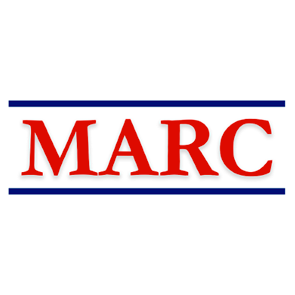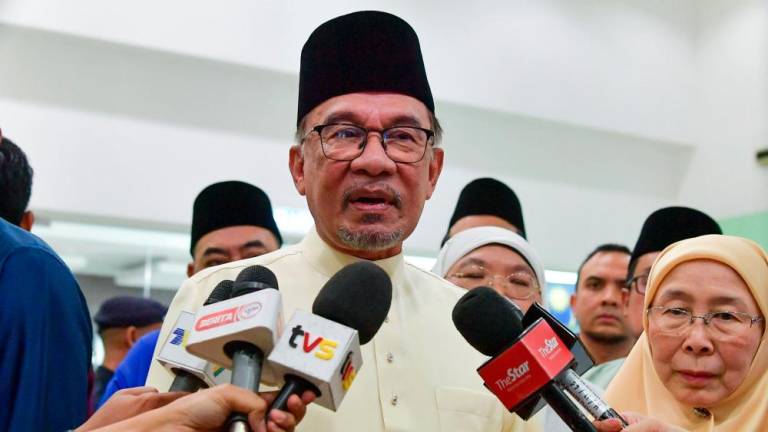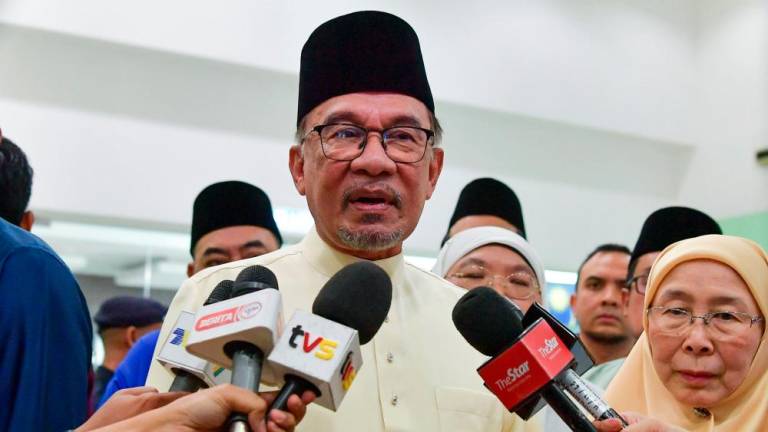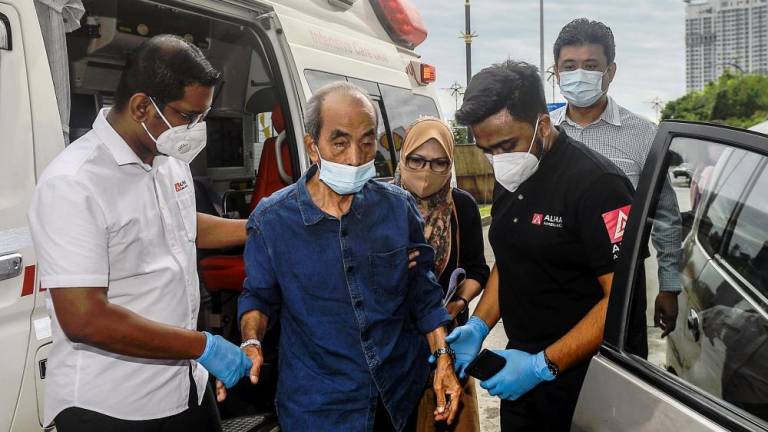PETALING JAYA: Budget 2022’s fiscal stance is expected to remain strongly expansive, with government spending presumed to be further escalated, according to Malaysian Rating Corp Bhd (MARC).
It said recovery prospects appear to be difficult particularly due to an anaemic labour market, among other factors. Observing the uncertainties surrounding the Covid-19 pandemic, it noted that this scenario could constrain household spending and potentially subdue private investment. As such, Malaysia’s gross domestic product (GDP) may be expected to remain well below pre-pandemic levels until mid-2022.
“Hence, further fiscal support, with broader and stronger measures, will be necessary to mitigate long-term economic scarring and ensure a strong foundation for sustainable recovery. This should subsequently help reduce the risk of weak recovery prospects becoming a trigger factor for a sovereign rating downgrade,” MARC said in a statement today.
As central banks across the world pivot towards a more hawkish stance, fiscal policy will likely continue to take centre stage in Malaysia to support the economy. MARC does not anticipate further monetary easing from Bank Negara Malaysia (BNM), considering possible adverse side effects such as those seen in previous economic downturns, namely rising asset prices and household indebtedness.
As the case for sooner-than-expected monetary policy normalisation continues to gather steam among major central banks due to rising global inflation expectations, it said the government will need to factor in the eventuality of interest rate normalisation in Budget 2022. With this, stronger policy measures to offset the negative impact of higher interest rates on growth are expected.
“We expect Covid-19-related government aid to continue, as indicated by moves to raise the statutory debt limit to 65% of GDP. In fact, the statutory debt level might even expand due to the government pursuing private consumption as the primary engine of GDP growth. Going forward, we expect debt service charges to rise, though low borrowing costs will help to mitigate some of the pressures for now. By 2021, debt service charges as a percentage of revenue is expected to come in higher than the 15.3% in 2020. To clarify, the ratio is already 50 basis points higher than the administrative ceiling of 15%.”
As Budget 2022 will likely be the last budget before the 15th General Election, MARC expects the slew of populist measures currently in place will remain and may even be further enhanced. This could include various handouts to firms and households affected by the pandemic, which will be critical to sustaining the recovery momentum of the economy going into 2022. The populist splurge is also likely to manifest itself in the form of more funding for the government’s welfare support, primarily to address the inequalities exacerbated by the pandemic.
“Although we laud policies to support sluggish demand, we believe that they have to be complemented with supply-side liberalisation efforts in order to tame prices.
“It is likely, though, that hints suggesting the reintroduction of the goods and services tax could surface in the following fiscal plan,” MARC said.
Given the expected headwinds in 2022, policies to address both the demand and supply sides of the economy are crucial for higher growth. All in all, MARC is cautiously optimistic that the economy will return to its pre-pandemic quarterly growth rates after mid-2022.













